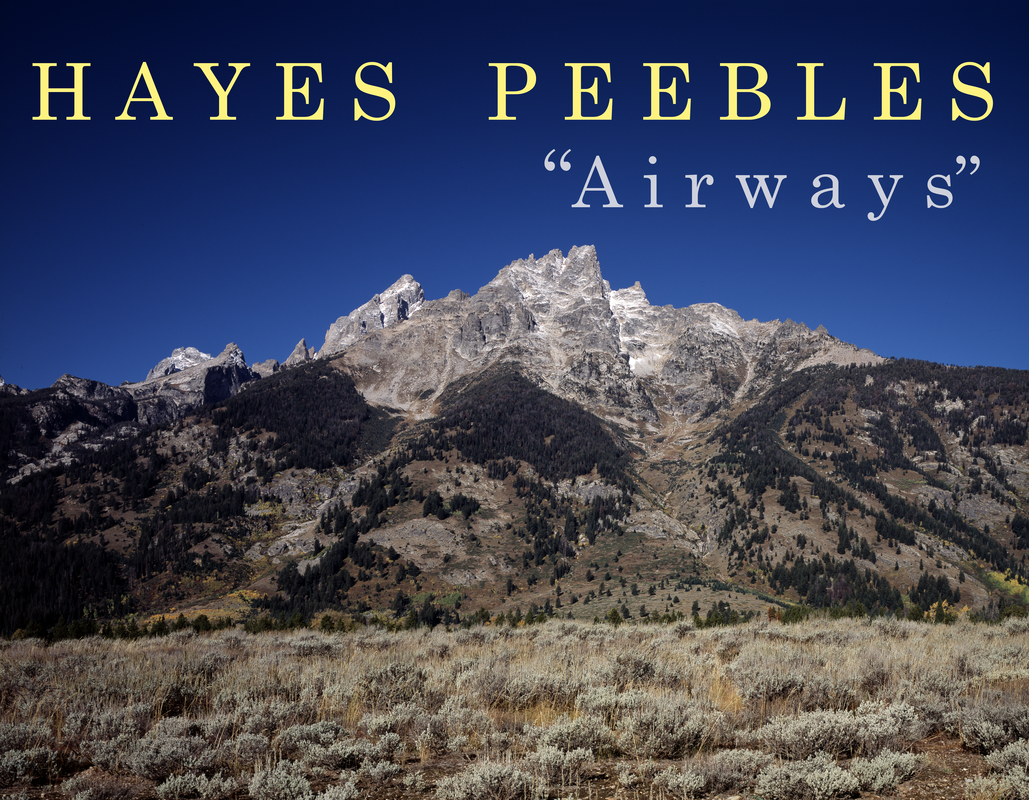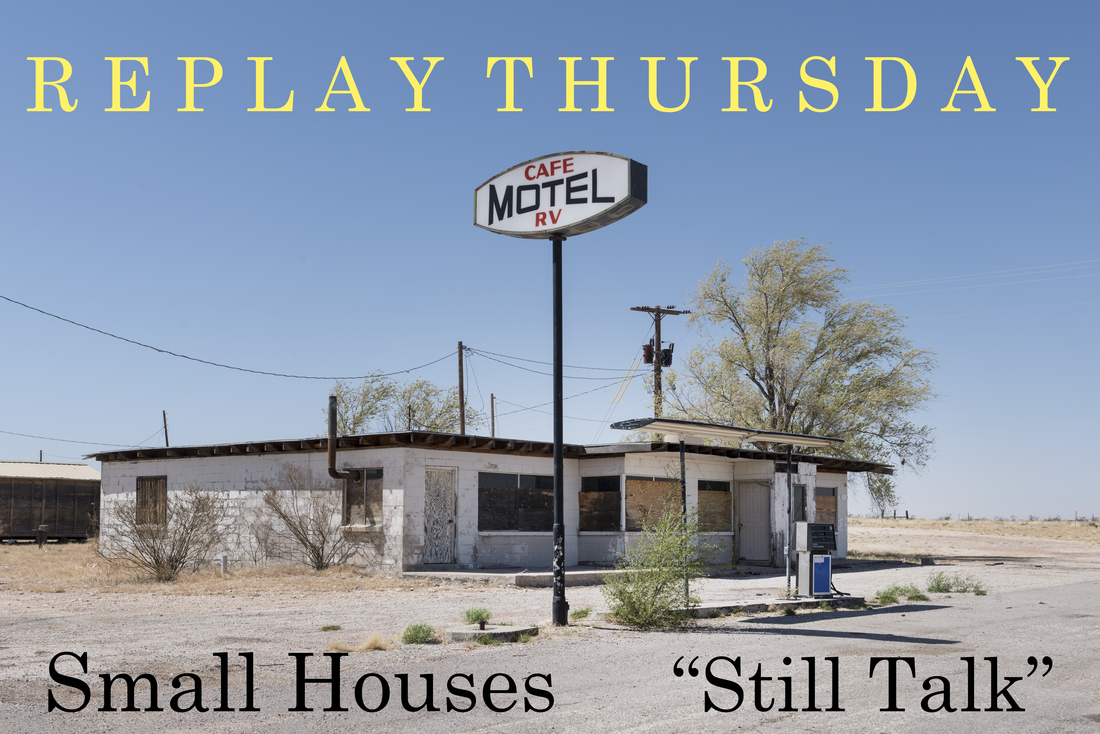|
Hayes Peebles has an adventurous palette that is combines the energy of The Tallest Man on Earth with Fleet Foxes melodic sensibilities. “Airways” is an ambiguous narrative that is bridged by joyful melodic passages. With just two guitars, a tambourine and a voice, you may be asking yourself how something so bare can feel so full? Hayes is currently working on a follow-up EP, but you can check out some of his demos, including “Airways” here. SC: How do you imagine the howl between each verse relates to the song? Is it the sound of the ghosts? Is it sound of the wind? How do you view it working in the song? HP: It's funny, I could never find the right word for that sound, but I think 'howl' is probably it. I guess it really is the chorus of this song, though it was never meant to be. When I write, the guitar part or the progression comes first. I'll find the vocal melodies I like by singing la's or ooh's or gibberish over those progressions until something lands. Then, I replace those noises with lyrics when some sort of meaningful theme takes shape. But, when it came time to replace that howl with lyrics it just didn't feel right, so I left it. The song is not so subtly about wanderlust, movement and the way in which new environments enable folks to envision and present new versions of themselves. The howl is sort of a punctuation mark between separate instances of that release, and also a pretty visceral expression of excitement. Also, I now get to bay like a wolf in public spaces without being judged much.
each verse in this song is about somewhere new along a physical, chronologically laid out adventure, though I hate the word adventure.
SC: What was your writing process like for “Airways”? HP: Some songs take a really long time to come together, but this was one that got beamed down. The chords and melodies fell together in a day. I wrote the lyrics a few days later in the amount of time it takes to consume five pints of Carlsberg (it's the cheapest) and a hamburger in the Edinburgh airport. SC: How often do you write? Do you keep a songwriting schedule or do you wait to be inspired? HP: I've never kept a regular schedule. I'm not sure that I ever could. There are days when I know there's a song in me and all I have to do is sit down and let it out. Of course, for each inspired day there are three or four when writing music is frustrating- a matter of discipline, persistence and grasping at straws. It's great to write when you're feeling creative and filled with ideas, but it's important to write when you're not, to try and put yourself into a place where you can find something to sing about. SC: How does your community of songwriters influence your writing? HP: It's sort of crazy how easy it is to soak up the stuff you've been listening to and then subconsciously end up rewriting it. I think artists in all fields can relate to that and to a certain extent can't avoid it. When I'm making music I try pretty hard not to focus on what others are doing or have done. More than anything, I get the most out of listening to people who are doing their own thing—people who let their idiosyncrasies out. It's really encouraging to see that happening around me, and it gives me a reason to do the same in my own way.
0 Comments
Jeremy Quentin of Small Houses writes songs that are deeply personal and have a unique sense of conversational tone. In a recent interview with Gems on VHS, he talked about a trick he uses to create intimacy between the listener and characters in his song. Below is an excerpt from that interview where he explains this technique (which he borrowed from a friend):
"[My friend] would always talk as if—and tell stories as if—you already know the character—he would never say “oh, I was just talking to my mom and she said yadda yadda.” He would say it like “So, I was talking to mom earlier.” Or if he came to you, he’d say “how’s mom?”—he’d be referring to your mother. He was always talking about these characters as if you already knew them. And I thought that was, really, really brilliant and if you took that into a song, maybe you’d feel like there was already this familiarity between the writer and the listener." Try writing a song with Quentin’s technique. Don't waste time telling us about the character--just talk to us like we're familiar with the character. An example might look like: I was talking to Eliot about his dad and the plans he’s made for the year ahead and he showed me the notebook where he’s kept writing her poems since she left. Today write a song using this intimate technique; don’t waste time telling us about the character—just talk about them. You can still use concrete imagery and other tools to indicate a sense of place, but try to distance yourself from descriptions like “my friend, Elliott, with hair as wet as honey”—just get to the point, and continue. Buy Small Houses’ Still Talk; Second City here. |
The Sound Connector is an online magazine for songwriters. We feature songwriting challenges, monthly interviews, and the opportunity to discover new songwriters. We are interested in all things related to the craft of songwriting. Do you want to be featured on The Sound Connector? Send us your songs!
Categories |


 RSS Feed
RSS Feed